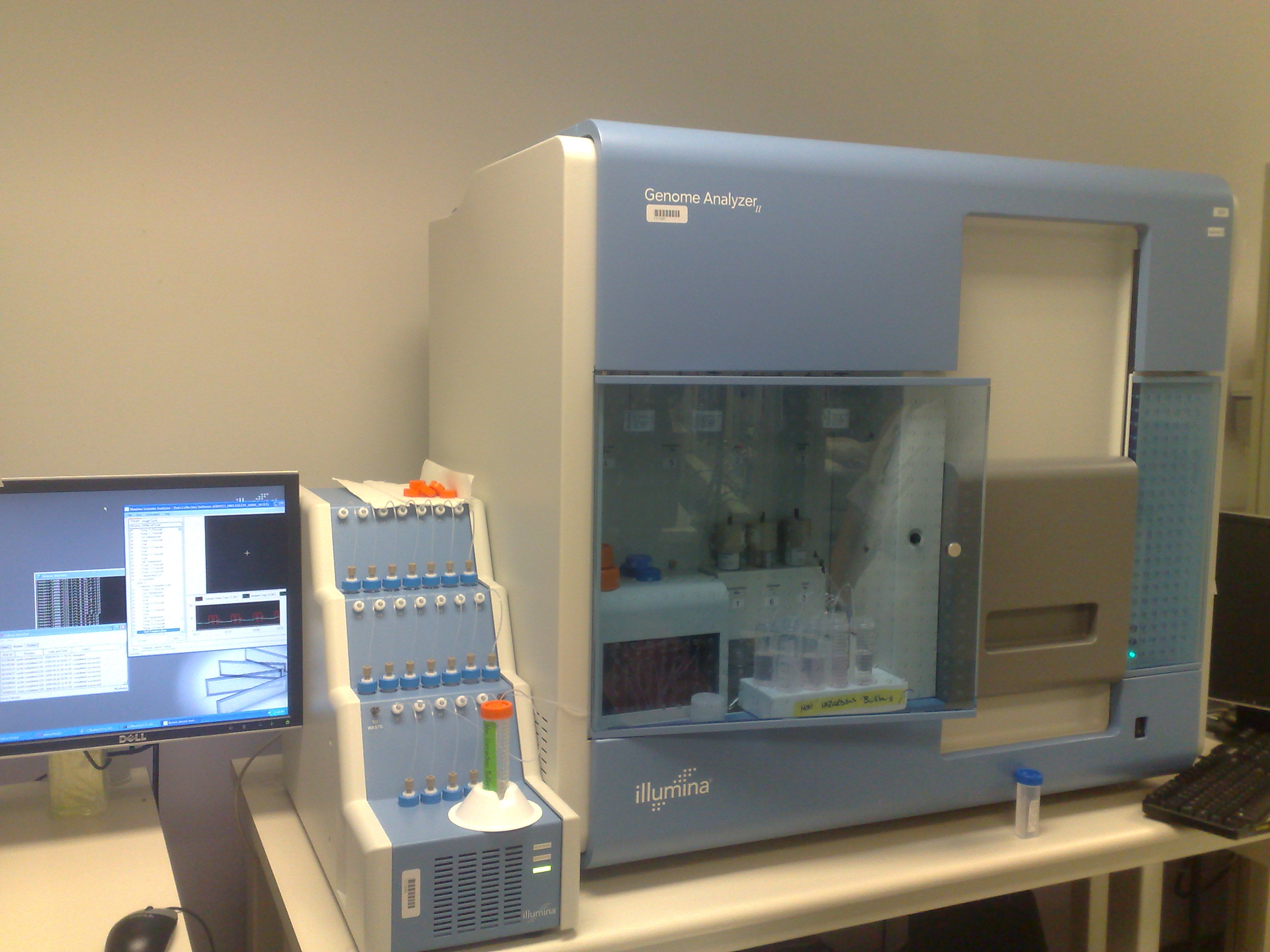Top Stories

Can We Control New Technologies?
The steady stream of new technologies emerging in genetics, information technology, bioengineering, and numerous other sectors is usually accompanied by compelling statements by researchers and company executives about the benefits to individuals and society. Less attention is paid to what else might result from the use of these powerful new tools. Gary Marchant of Arizona State University and Wendell Wallach of Yale University argue in the Summer 2015 edition of Issues in Science and Technology that we need an independent mechanism for assessing the effects of new technologies and orchestrating society's response when problems are identified. They explain how Governance Coordination Committees could coordinate study of a technology; discussions among stakeholders, experts, and policymakers; and consensus building.
A group of articles tackles the question of what type of education is appropriate for young people who face a job market that is being upended by computer and robotics advances. Margaret Hilton explores the transferable skills and capabilities that students should acquire in K-12 education to enable them to adapt to changing employer needs. Mark Schneider examines how certificates and two-year degrees—in the right fields—can be a reliable path to good, middle-class jobs, and Donna Ginther explains that the evolving jobs horizon is creating challenges even for those with PhDs.
Yale University economist William Nordhaus proposes a novel approach to climate policy that will motivate countries to take action rather than become free-riders. Robert Hirsch warns that the approach now being pursued to produce electricity from nuclear fusion has inherent limitations that will prevent it from ever becoming economically viable. He argues that fusion is still worth pursuing, but it is time to pursue alternative configurations. A trio of experts from the University of Sussex argue that biotechnology can provide important societal benefits but that it must be responsibly regulated to avoid undesired effects. Melinda Gormley and Melissae Fellet revisit a famous televised debate between Linus Pauling and Edward Teller to illustrate some important insights into public discussion of scientific issues.



Comments